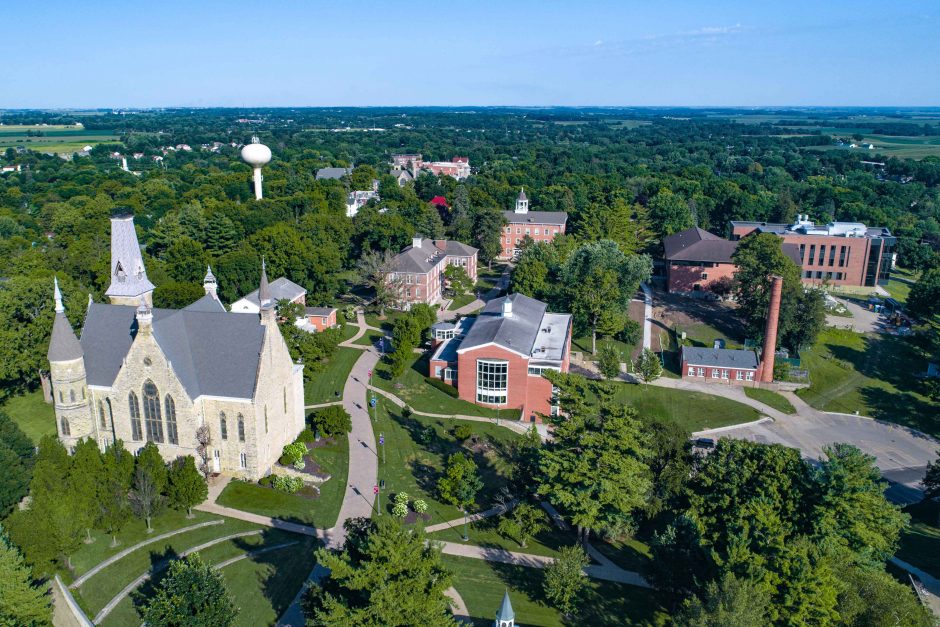Summer grading: Cornell professors score AP exams
Some Cornell College professors really enjoy testing, even in the summer.
The best of the best in the world of educators spent many days away from home grading Advanced Placement (AP) exams in June. High school students take the tests for college credit at the end of the school year.
For years, several Cornell faculty members have participated in the AP grading process.
Professors Leon Tabak, Ross Sowell, David Yamanishi, Ann Cannon, Jim Freeman, Kara Beauchamp, and Suzette Astley are among the Cornell faculty members who have scored AP exams. Some also develop questions for the exams and lead workshops for high school teachers to learn how to teach AP courses.
“This work engages us with some of the best teachers in the country,” Tabak said. “Readers include some of the leading authors in our fields, high school teachers, and college and university professors.”
Those involved said the numbers of students taking AP exams are growing.
“The AP statistics exam is one of the newer exams,” Cannon said. “It started in 1997 with 7,667 exams taken by students and 57 people at the reading. This summer 842 of us graded about 208,000 exams. As you can see, the numbers have exploded.”
Professor Astley said AP psychology exams have become popular for incoming Cornell students.
“AP courses are good opportunities for bright high school students to start on some of their college courses,” Astley said. “Even though we work fast, the essays are carefully graded using a well-established rubric. We get extensive training to use the rubric, and our accuracy is constantly evaluated. Every student is evaluated the same and fairly, no matter whether their essay is read on the first day of the reading or the last and no matter who is scoring the essay.”
Professor Astley has graded exams from students as far away as Puerto Rico, Hawaii, and as close as Iowa.
Reading the exams and working with other high school teachers helps professors better understand incoming students.
“The work has acquainted me with standards and directions in pedagogy,” Tabak said. “It has given me greater knowledge of what is happening in high schools and in that way equipped me to better serve the students that those schools send to us.”
This is a long-term effort and a big part of the professional lives for many of Cornell’s professors. When you add up their experience with scoring AP exams, they have contributed decades to the education of youth.



